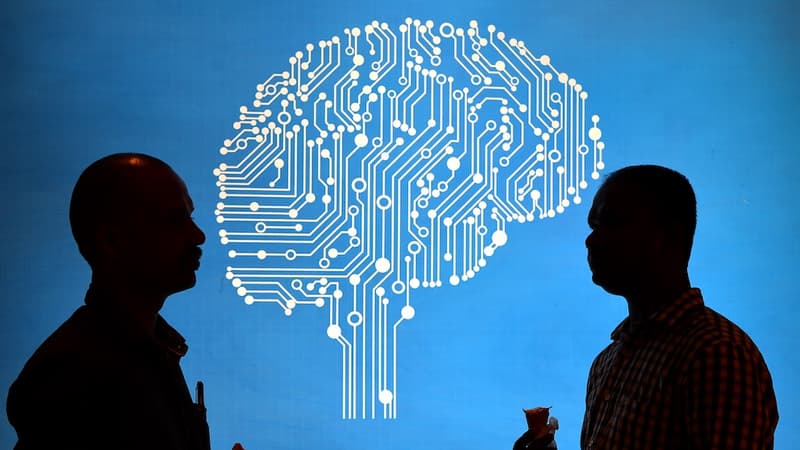When politicians get involved with artificial intelligence. This May 5, Finance Minister Bruno Le Maire speaks with the head of OpenAI, Sam Altman. Same rhythm on the other side of the Atlantic: United States Vice President Kamala Harris meets this May 4 with officials from Google, Microsoft and OpenAI.
Concerns are growing about the observed excesses of artificial intelligence, particularly about the use and reuse of private data, the risk of misinformation or even the political biases of these tools. A figure shared by the French Ministry of the Economy is also quite revealing: 90 billion dollars is the amount of the evaluation of the expected results of AI technologies from 2025 against 7 billion in 2020.
In the face of this rise in power, the Biden administration intends to pressure companies to put in place safeguards around AI and mitigate the potential harm caused by AI tools. reports Bloomberg.
On the agenda for this May 4, “a frank discussion about the risks we all see in the current and near-term development of AI, about actions to mitigate those risks to ensure that the American people benefit from the advances of the AI while it is protected from its harmful effects ”, is indicated in the invitation consulted by the medium.
“Prepare for dizzying consequences”
The US Department of Commerce had also indicated that it was considering regulations that require AI models to undergo a certification process before being released.
In France, in early April, Finance Minister Bruno Le Maire amused himself by asking ChatGPT to write him a speech on China. He was surprised to find an “intelligent and well-structured” text. Beyond the anecdote, it is up to politicians to understand the mechanisms of these tools in order to better supervise them.
Raphaël Glucksmann MEP, for example, denounced in a tweet on March 28 that “the absence of a clear framework and the delay in innovation legislation will make AI a threat to our democracies and our public debate. No technology is in itself good or bad”. But we must prepare for the dizzying consequences of this revolution.”
Artificial Intelligence Law
In 2018, the French government launched a national strategy for artificial intelligence. This initiative aims to structure the ecosystem and make France a pioneer in the field.
But it is above all at the European level where everything is at stake right now with the Artificial Intelligence Law, whose application is scheduled for 2025. This text aims to regulate the use and commercialization of artificial intelligence tools. The proposed regulation presents four levels of protection that go from what is prohibited, through what is high risk, and what is medium risk to what is permitted.
For his part, the European Commissioner for the Internal Market, Thierry Breton, wants to make it compulsory to specify whether the content is generated by AI.
Source: BFM TV


